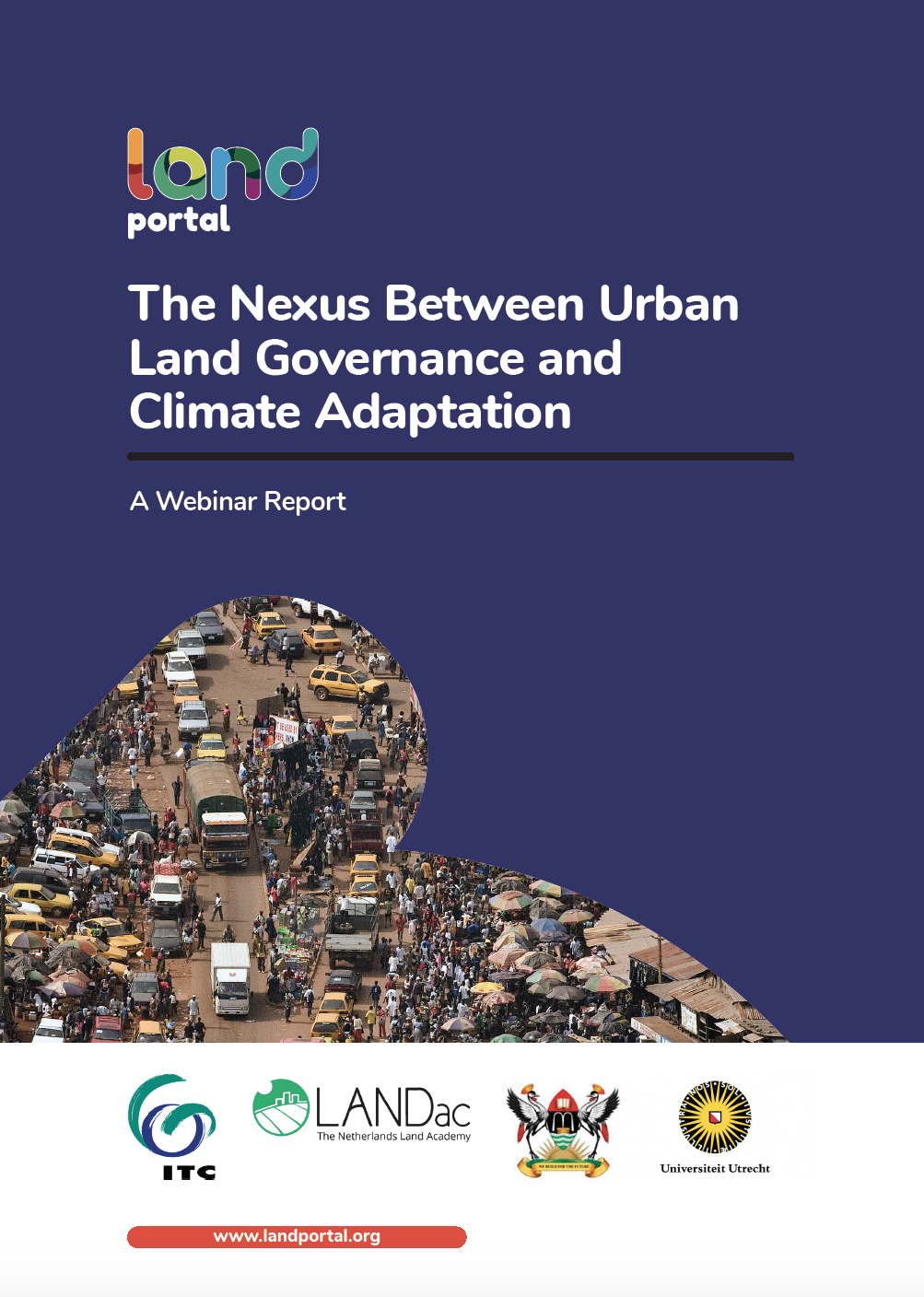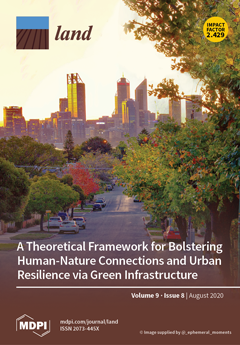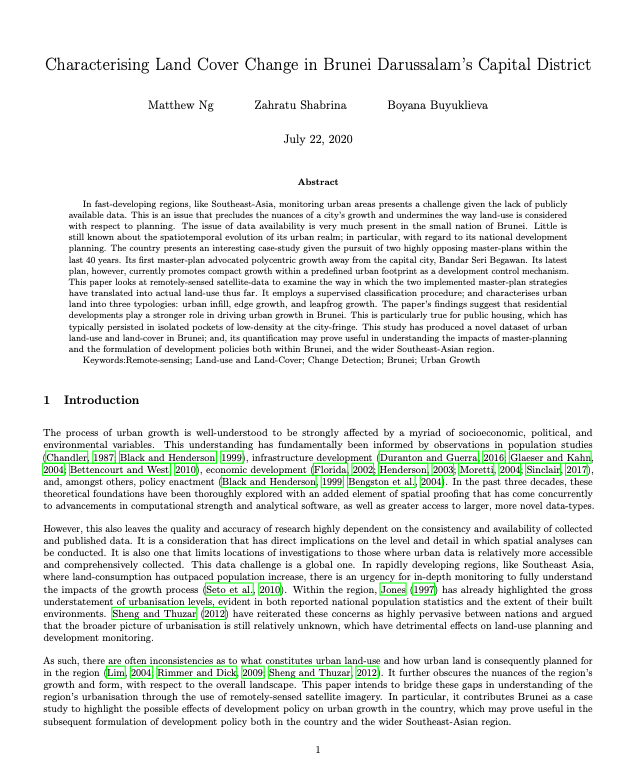Highlighting the Sustainability Implications of Urbanisation: A Comparative Analysis of Two Urban Areas in Ghana
Ghana is urbanising rapidly, and over half of the country’s population have lived in urban areas since 2010. Although research has proliferated to explore Ghana’s urbanisation, there is a dearth of research that holistically explores the wider sustainability implications of urbanisation, offers comparative perspectives in the context of large and smaller urban areas, and provides a perspective of local level urbanisation in the context of resource extraction (mining).






